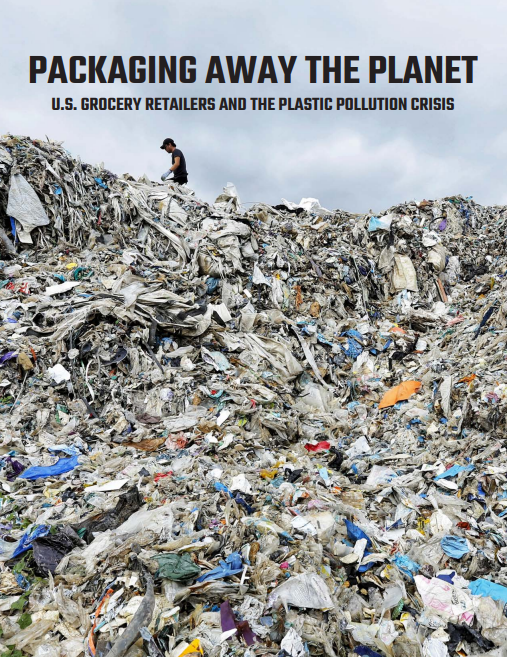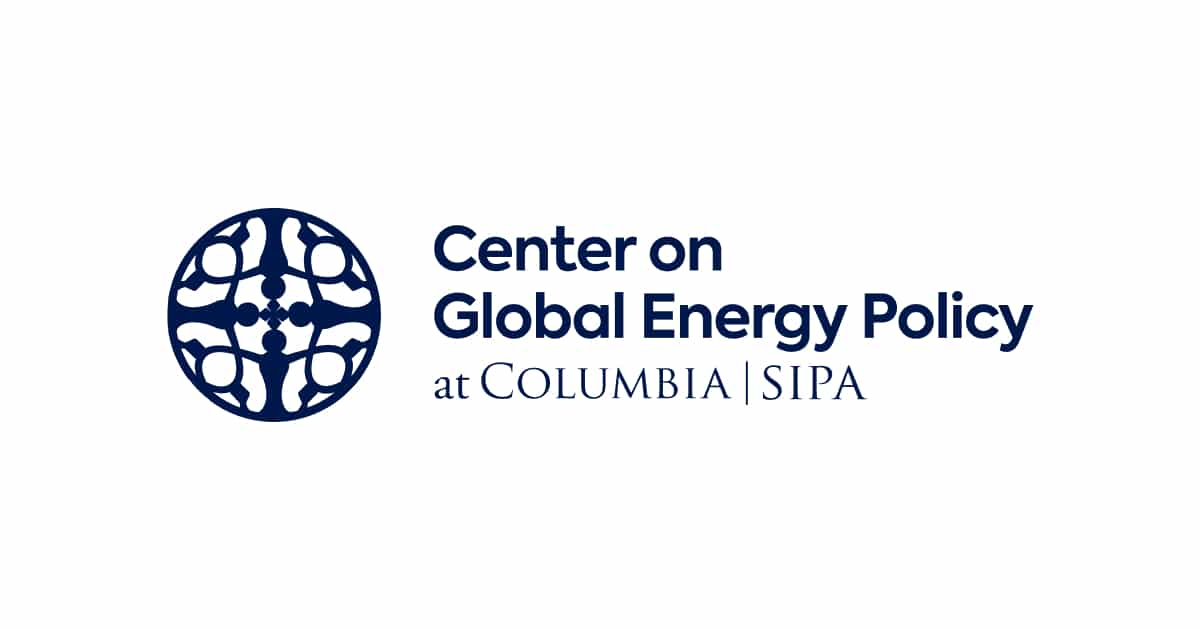It underscores the urgent need to drastically cut down on single-use plastics and unnecessary packaging to tackle the worldwide issue of plastic pollution. It directly holds significant consumer goods companies such as Nestlé, Procter & Gamble, Unilever, Mars, Danone, Coca-Cola, and PepsiCo accountable for the extensive plastic waste they continually produce.
The report highlights the considerable environmental harm caused by single-use plastics, especially in Southeast Asia, where sachets are standard. Importantly, it exposes Unilever’s inability to significantly reduce its plastic footprint despite its public commitment to using less plastic. Towards the end, it strongly endorses a complete shift to reusable packaging systems. Ultimately, it urges companies to prioritize reuse and refill models over the persistent use of single-use plastics, presenting this approach as a more effective and sustainable response to the growing global plastic pollution crisis.
Overview
Scorecard
Assesses U.S. retailers on their policies and efforts towards reducing single-use plastics. Scores are based on their plastic footprint mitigation, transition to sustainable systems, and transparency. The section outlines the scoring criteria and evaluation process. The scorecard underlines the need for thorough public policies, commitments to lessen single-use plastics, innovative alternatives, and clear communication on initiatives. It sets retailers’ actions on plastic pollution and promotes sustainable practices.
Introduction
Highlights the urgent need for U.S. retailers to address the plastic pollution crisis, emphasizing the inadequate efforts made so far and the necessity for transparency in monitoring plastic footprints. However, none of the retailers passed, indicating significant work is needed. This reflects the public’s demand for action and pressure on companies to eliminate plastic pollution at its source.
Transitioning, it urges retailers to foresee a future with innovative alternatives to single-use packaging for environmental and future generations’ protection. It emphasises the dangers of plastic’s lifecycle to human health and urgently calls for immediate action, given the unlikelihood of policymakers and consumers waiting for significant change.
Three Ways Retailers Must Act
Outlines critical strategies for retailers to address the plastic pollution crisis effectively:
- Establish a Baseline: Retailers must measure their current plastic footprints to track progress accurately. This involves tracking plastic packaging from suppliers and private label products to understand the extent of their plastic usage.
- Prioritize Reduction: Retailers should commit to phasing out single-use plastics immediately and aim for absolute reductions in the total number of single-use plastic packaging units. This goes beyond lightweight products and involves eliminating problematic plastics harmful to human health and the environment. Retailers are encouraged to transition to alternative delivery systems that promote reuse and engage with large national brands to rethink their packaging models.
- Invest in Innovation: Retailers are urged to embrace innovative solutions to reduce single-use plastics. Retailers can significantly reduce their plastic footprint by implementing existing technologies and developing new reusable and refillable delivery systems. Collaboration with consumer goods companies is essential to design scalable alternative delivery models and drive sustainable change in the industry.
These three strategies emphasize the importance of proactive measures, reduction targets, and innovation in transitioning towards more sustainable packaging practices in the retail sector.
Solutions and Distractions
Provides insights into practical strategies and common pitfalls in addressing plastic pollution:
Solutions
- Emphasize Innovation: Retailers are encouraged to adopt solutions that address the root cause of the problem rather than simply replacing one throwaway material with another. Examples include reuse and refill strategies that reduce reliance on single-use plastics.
- Reuse and Refill: Strategies such as refill at home, refill in-store, returning from home, and return in-store can significantly reduce single-use plastics. These approaches promote the use of reusable packaging and encourage customers to participate in refill programs.
Distractions
- Avoid Greenwashing: Retailers should avoid distractions that perpetuate the status quo, such as relying solely on recycling as a solution to plastic pollution. Greenwashing tactics should be avoided, like labeling plastic packaging without addressing the underlying issue of single-use plastics.
- Focus on Source Reduction: Instead of relying on recycling or labeling initiatives, retailers should prioritize source reduction by phasing out single-use plastics and implementing reuse and refill systems. This proactive approach is critical to effectively combating plastic pollution.
By highlighting effective solutions and warning against common distractions, the section aims to guide retailers towards sustainable practices that address the root causes of plastic pollution.
Companies Evaluated and Methodology
Outlines the evaluation process used to assess major U.S. retailers’ responses to the plastic pollution crisis:
- Evaluation Criteria: Greenpeace evaluated 20 U.S. retailers based on four key areas: policy, reduction, innovation and initiatives, and transparency. The section explains the importance of comprehensive public policies, time-bound commitments to reduce single-use plastics, implementation of innovative alternatives, and transparent communication of initiatives and progress.
- Participation: Ten retailers fully participated in the survey, while three provided additional information. Seven retailers did not participate. Greenpeace also used publicly available information to evaluate companies, focusing on their U.S. operations and applying single-use plastic policies across brick-and-mortar and online operations.
- Scoring and Rankings: Surveys were scored independently and consistently, with companies receiving scores for each criterion and an overall score. The overall score was based on a weighted average of all four criteria, with retailers ranked as failing, passing, or leading based on their scores. The section emphasizes the importance of meeting with Greenpeace to discuss results and recommendations for improvement.
By providing transparency on the evaluation process and criteria, the section aims to hold retailers accountable for their plastic footprint and encourage them to adopt more sustainable practices in response to the global plastic pollution crisis.
Retailer Profiles
Provides an overview of the performance and initiatives of specific U.S. retailers in addressing the plastic pollution crisis:
- ALDI: Ranked highest among the retailers assessed, ALDI stands out for having specific plastic reduction targets, a comprehensive reduction plan, greater transparency, and a commitment to implementing reuse and refill delivery systems.
- Kroger Co.: Ranked second, Kroger has committed to banning single-use plastic checkout bags but lacks a comprehensive plastic reduction plan. The partnership with Loop signals potential for positive change if Kroger invests more in reuse models.
- Albertsons Companies: Ranked third, Albertsons has a public commitment to decreasing plastic usage, particularly single-use plastics, but lacks a specific reduction target.
- Trader Joe’s: Ranked fourth, Trader Joe’s has started eliminating unnecessary plastic packaging in stores in response to customer feedback. However, it remains to be seen if the retailer will announce a comprehensive plan to reduce and phase out single-use plastics.
- Sprouts Farmers Market: Ranked fifth, Sprouts performed poorly across most categories, indicating room for improvement in its approach to plastic reduction and sustainability initiatives.
This document highlights different retailers’ varying efforts and commitments in tackling single-use plastics. It emphasizes improving transparency in reporting and implementing innovative solutions to decrease their plastic footprints. It provides an overview of how these retailers address the plastic pollution crisis and identifies potential areas for enhancing their sustainability practices.
Therefore. Nonetheless. However. Nevertheless. In conclusion. Henceforth. On the other hand. Hence. Furthermore.




